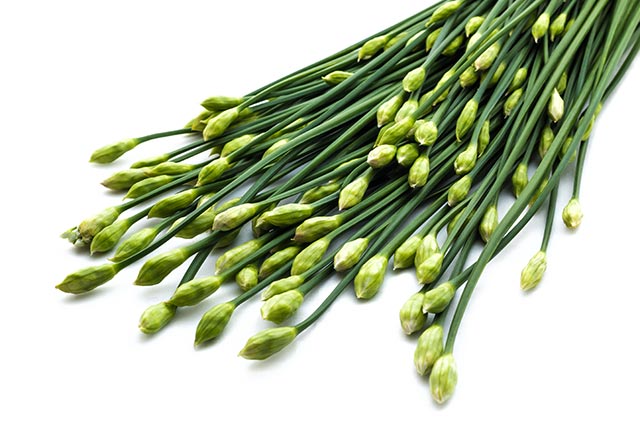TCM and Swine flu: Traditional Chinese Medicine found to reduce severity of H1N1 and speed up recovery
05/28/2019 / By Chloe Divino

The conveniences of modern life have contributed to the potentially more widespread transmission of infectious diseases. In 2009, for example, the world awoke to a global outbreak of swine flu, a respiratory disease that is a subtype of the H1N1 virus. With people frequently traveling from one country to another, illnesses they may not even know they carry also travel with them. A recent study shows that the solution to this modern problem could come from traditional Chinese medicine.
Also known as bishop’s weed, Houttuynia cordata is a flowering plant that is native to southern China, Korea, Japan, and Southeast Asia. In TCM, bishop’s weed has long been associated with the treatment of lung diseases. The study, which was conducted by researchers from Fudan University, showed that Houttuynia cordata polysaccharide (HCP) extracted from bishop’s weed also alleviated intestinal dysfunction caused by the H1N1 infection.
To study the effects of HCP, the researchers infected mice with the H1N1 virus. The virus caused lung injury, intestinal structural damage, and gut microbiota imbalance, similar to what was already noted among humans.
Clinically, the symptoms of influenza often include:
- Chills
- Fever
- Coughing
- Sore throat
- Runny or stuffy nose
- Body aches
- Fatigue
- Abdominal pain
- Nausea
- Vomiting
- Diarrhea
In the study, HCP was given orally and was shown to significantly improve the condition of the test subjects. All the mice infected with H1N1 virus showed signs of poor appetite, notable decline in weight from the third day of the infection, and diarrhea. Following oral administration of HCP, weight loss and diarrhea were addressed.
Furthermore, mucosubstances in goblet cells — cells found in respiratory and intestinal tracts — significantly decreased. Hypoxia, a deficiency in the amount of oxygen reaching the tissues resulting from lung damage, was also suppressed.
HCP was also shown to address gut microbiota imbalance. The gut microbiota is a complex community of bacteria present in the intestine. The composition of the gut microbiota can be altered by many factors, including the use of medications, diet, and, as this study showed, the H1N1 virus. With the introduction of HCP to the test subjects, the composition change in intestinal microbiota was reversed, correcting the imbalance the virus caused and helping maintain intestinal function. There was also an increase in the production of interleukin-10 or IL-10, an anti-inflammatory cytokine, demonstrating that the plant has anti-inflammatory effects.
The study also investigated the effects of Ribavirin, one of the commercially available antiviral drugs used to treat influenza. The results of the study showed that while Ribavirin helped reduce lung injury, it had no noteworthy effect on intestinal microbiota. Ribavirin is also known to have serious long-term side effects, such as:
- Hemolytic anemia
- Worsened heart disease
- Birth defects for pregnant patients
- Eye problems (trouble seeing, loss of vision, or swelling in the eye)
- Lung problems (trouble breathing or even pneumonia)
- Pancreatitis
- Mood changes (including depression)
- Increased sensitivity to infections
- Slower growth in children
In contrast, HCP demonstrated similar effects in addressing lung damage as Ribavirin while also restoring gut microbiota homeostasis. This staple in traditional Chinese medicine was shown to address more of H1N1’s symptoms than a conventional, widely used medication. As a natural remedy, HCP also does not carry the same side effects as a conventional drug like Ribavirin.
Traditional Chinese medicine is one of the oldest healing systems in the world. It pioneered medical interventions like healthy and balanced diets, exercise, herbal remedies, and ways to reduce everyday stress. Increasingly, modern data analysis has been used to study the effectiveness of TCM, with promising results. This study by researchers at Fudan University is a welcome addition to the growing literature on the effectiveness of TCM.
Sources include:
Tagged Under: alternative medicine, Flu, H1N1, herbal medicine, Herbs, Houttuynia cordata, infections, influenza, natural cures, natural medicine, Naturopathy, outbreak, pandemic, remedies, swine flu, TCM, traditional Chinese medicine
RECENT NEWS & ARTICLES
COPYRIGHT © 2017 RESEARCH NEWS



















